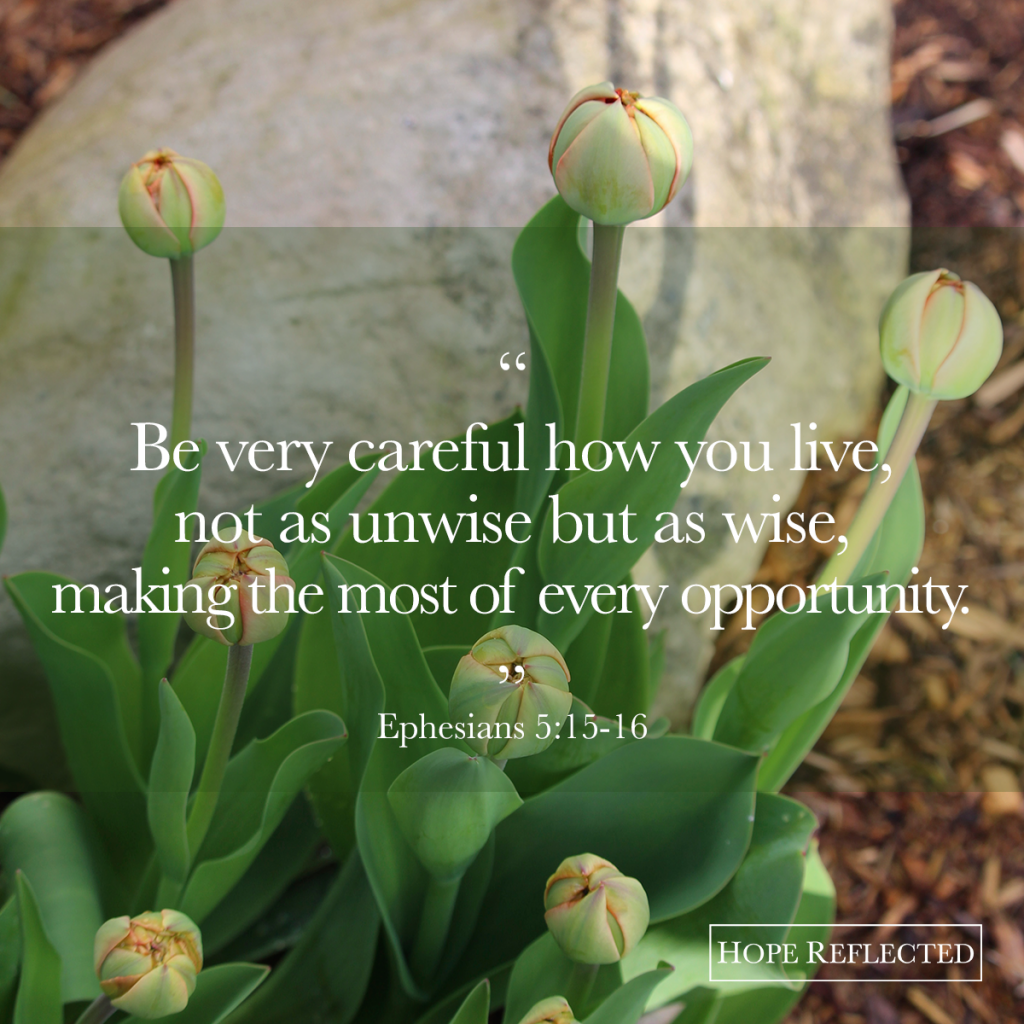A fool flaunts his folly
Written by H, Posted in Christian Living, Published Work

Words are the streams
James wrote that “the tongue can no man tame;” (James 3:8). It’s funny how such a small thing can wield so much power.
“Let no corrupt communication proceed out of your mouth, but that which is good to the use of edifying, that it may minister grace unto the hearers.” (Ephesians 4:29).
“Corrupt” here means rotten, worthless, or unfit for use.
In Barnes’ Notes on the Bible, he explains that the root word for “corrupt” is applied to “putrid vegetable or animal substances. Then it is applied to a tree that is of a useless character…”.
The words that proceed out of our mouths are based on our character. As Matthew Henry wrote, “The heart is the fountain, words are the streams. A troubled fountain, and a corrupt spring, must send forth muddy and unpleasant streams. Nothing but the salt of grace, cast into the spring, will heal the waters, season the speech, and purify the corrupt communication.”
Unless we get things right at the source, we are at risk of spewing garbage rather than ministering grace.
We are not alone in our struggle to tame the tongue
Proverbs 13:16 says that “in everything the prudent acts with knowledge, but a fool flaunts his folly.” Making a joke of sin and making light of holy things don’t really seem like a big deal because we’ve been conditioned to believe that they’re not a big deal, and that we’re not a big deal unless we’re doing those very things.
Standing up for what’s sacred?
Don’t be a fuddy-duddy; you’re no fun!
Just take a look at what the world laughs at, and who the world holds in high regard.
Paul wrote in his letter to the church at Colosse that we are to put off “anger, wrath, malice, blasphemy, filthy communication out of your mouth. Lie not one to another, seeing that ye have put off the old man with his deeds;” (Colossians 3:8-9). “Filthy” here has the same meaning of the “corrupt” communication in Ephesians 4:29.
Rotten and worthless words that are unfit for use are so provoking that these cautions were included in two different letters to two entirely different groups of Christians. To think that we are alone in our struggle to tame the tongue would be grossly ignorant. Some people are just better than others at knowing when to speak and when to stay silent.
“By their fruits ye shall know them.”
Matthew 7:20
Jesus said in Matthew 7 that “By their fruits ye shall know them.” (7:20).
What are our fruits?
Our character, our actions, and of course, our words.
What do others hear from us in the course of conversation? Jesus also cautioned in Matthew that “Every idle word that men shall speak, they shall give account thereof in the day of judgment.” (Matthew 12:36-37). This is not a threat, but certainly a reminder that what we say—and what we don’t say—is of eternal significance.
We can talk a lot, but when our words and our actions don’t line up, others are going to notice. We can lie with our words but our actions betray us.








![False friends or counterfeit kindness; whatever you want to call it, the world is filled with people who will say one thing to your face and then another behind your back; people who will woo you in order to get something from you.
It’s sad, but it’s true.
The Bible provides us with examples from Joab to Judas, and yet, we’re surprised when we find ourselves deceived and hurt by someone else.
So what are some of the hallmarks of a true friend?
You can read more about this on hopereflected.com [Link in profile]
.
.
.
#friends #friendship #kindness #counterfeitkindness #hurt #proverbs #truefriends #hopereflected #blog #blogpost](https://www.hopereflected.com/wp-content/plugins/instagram-feed/img/placeholder.png)